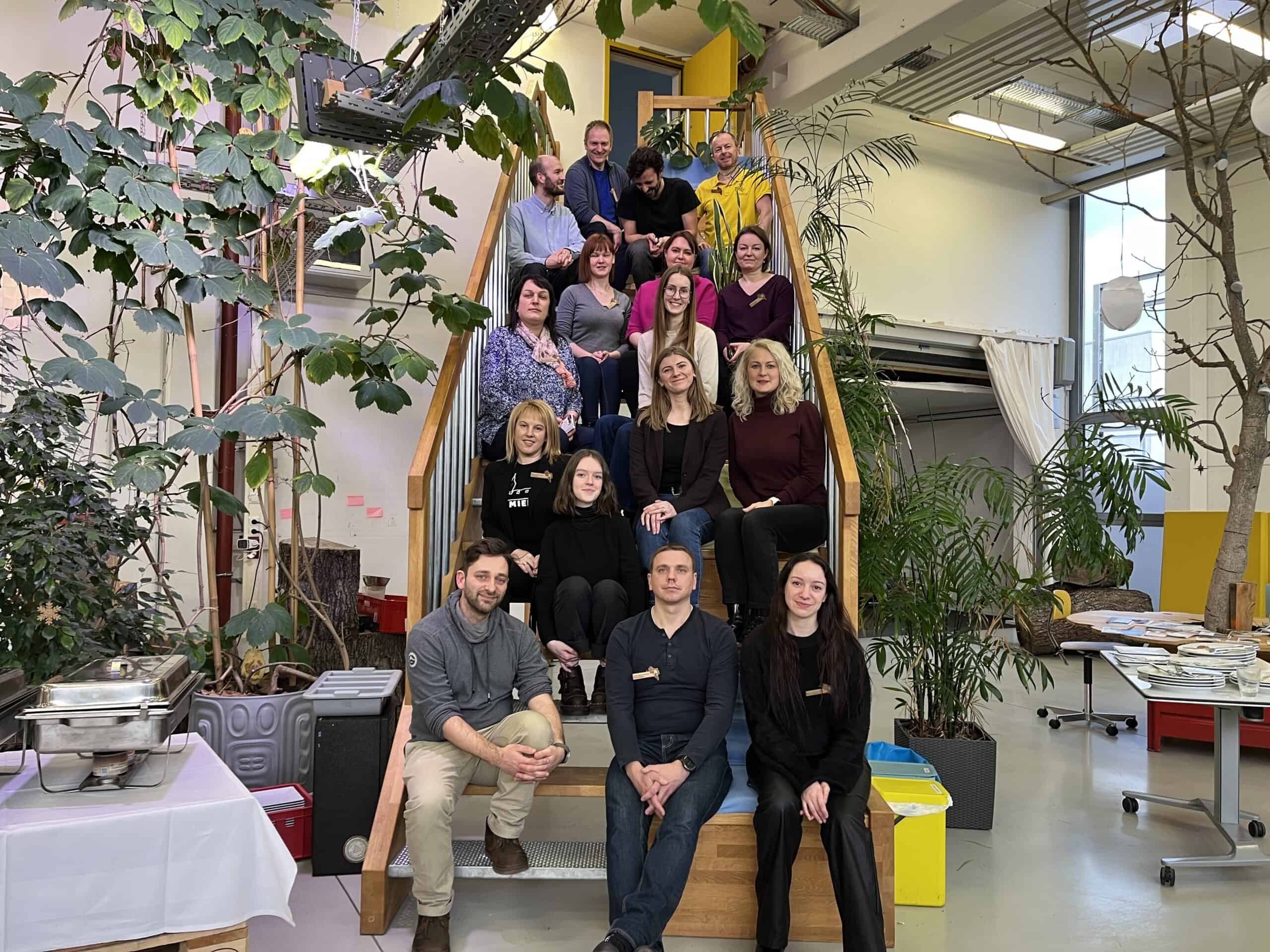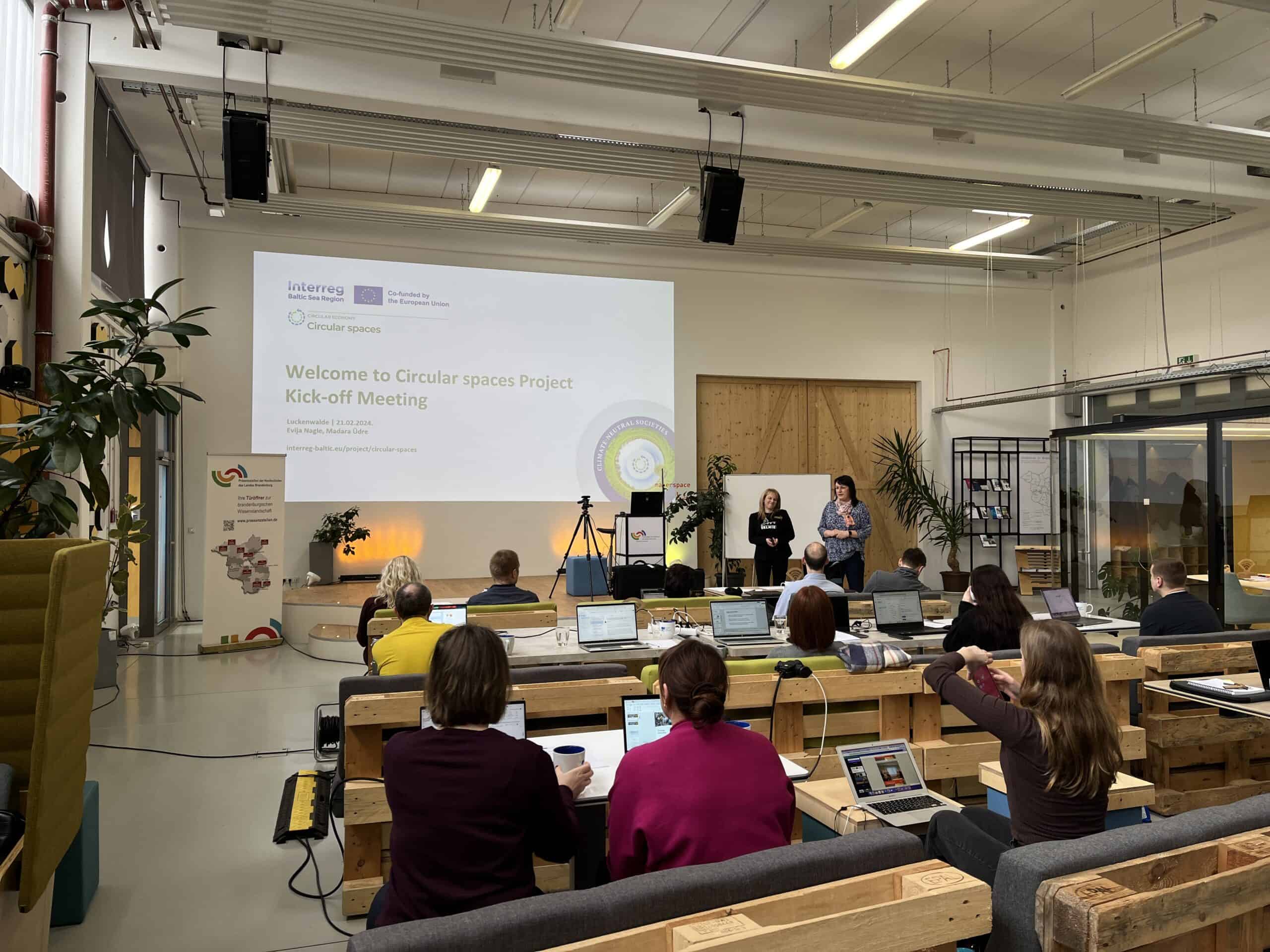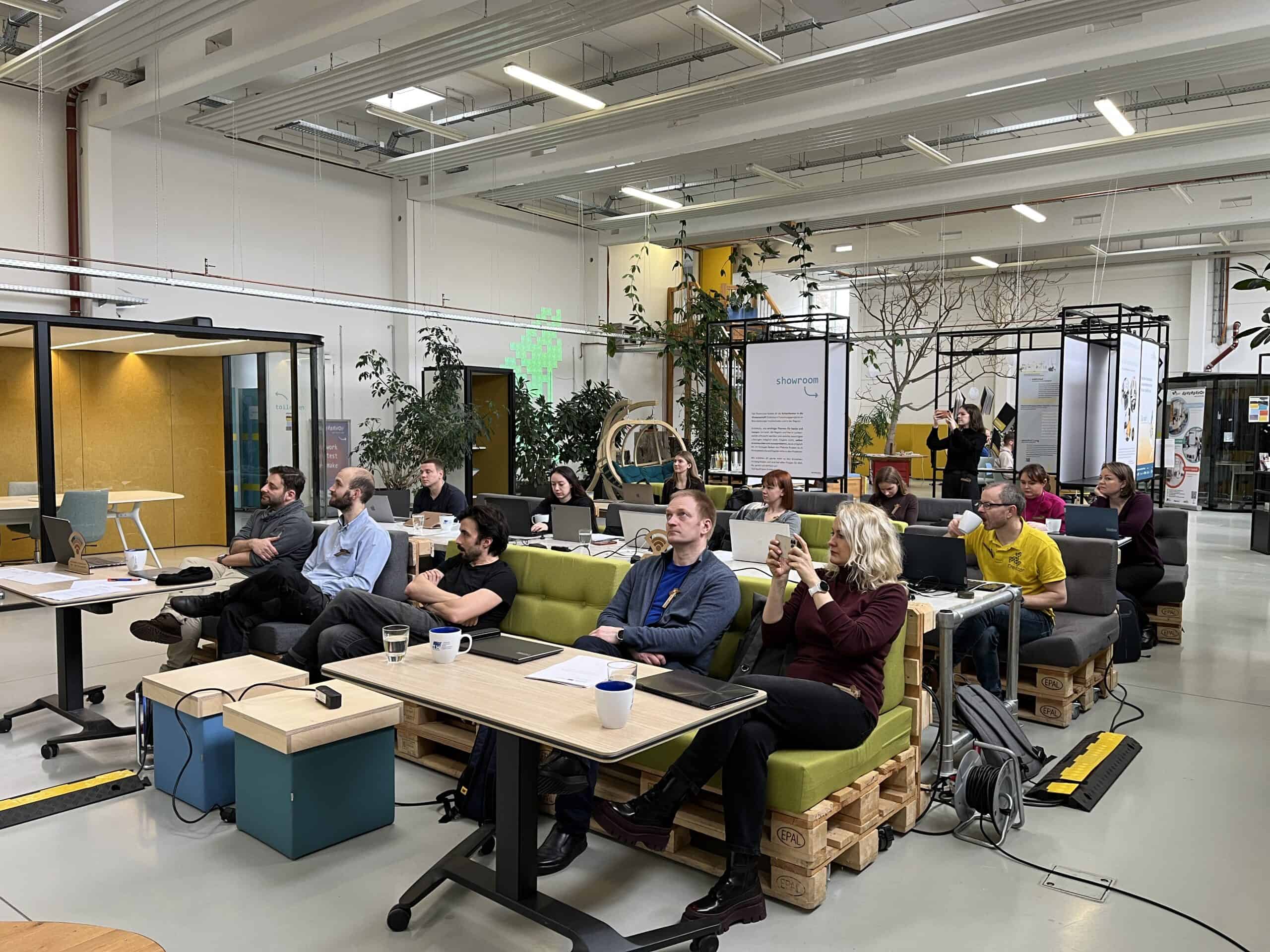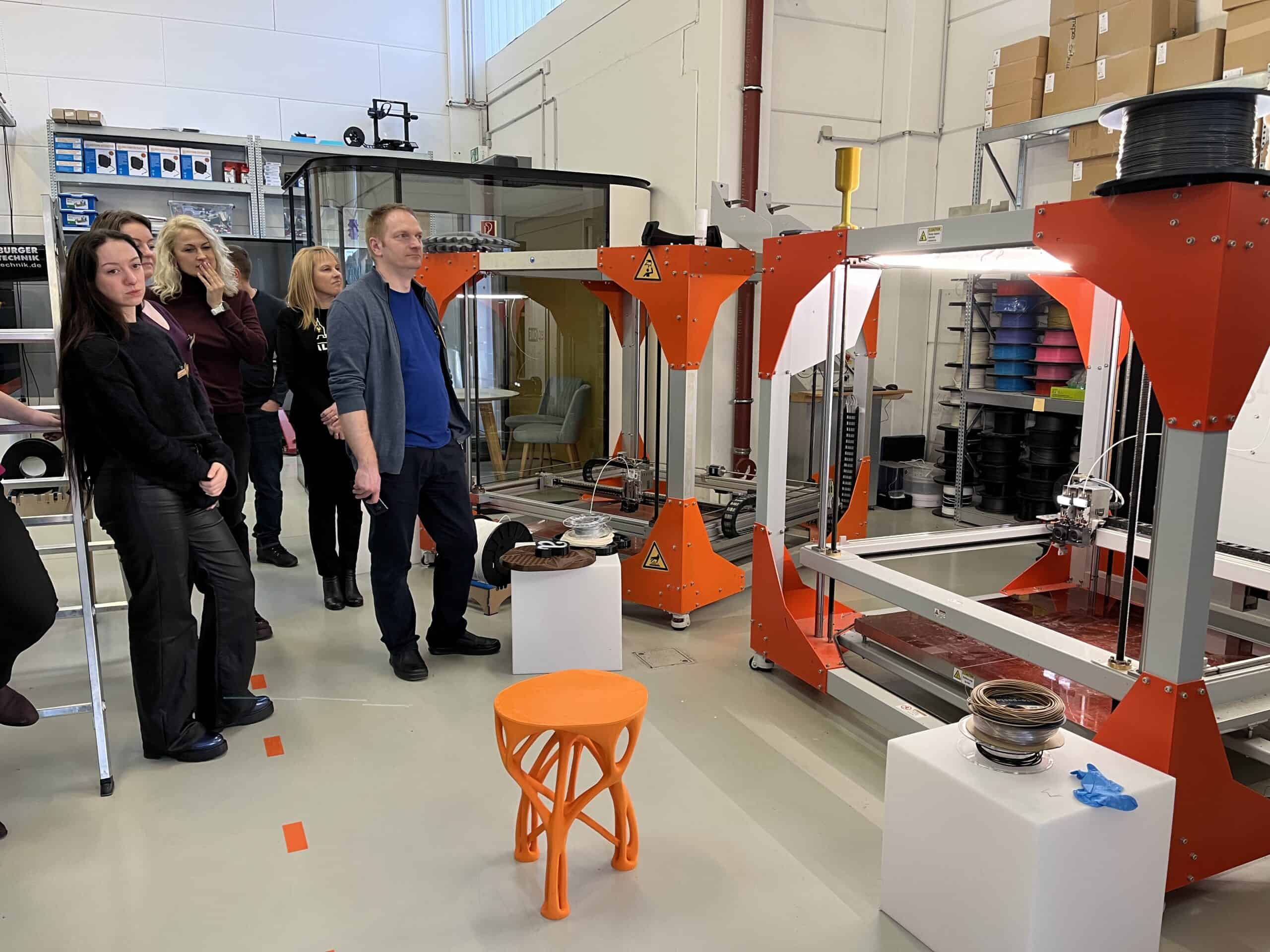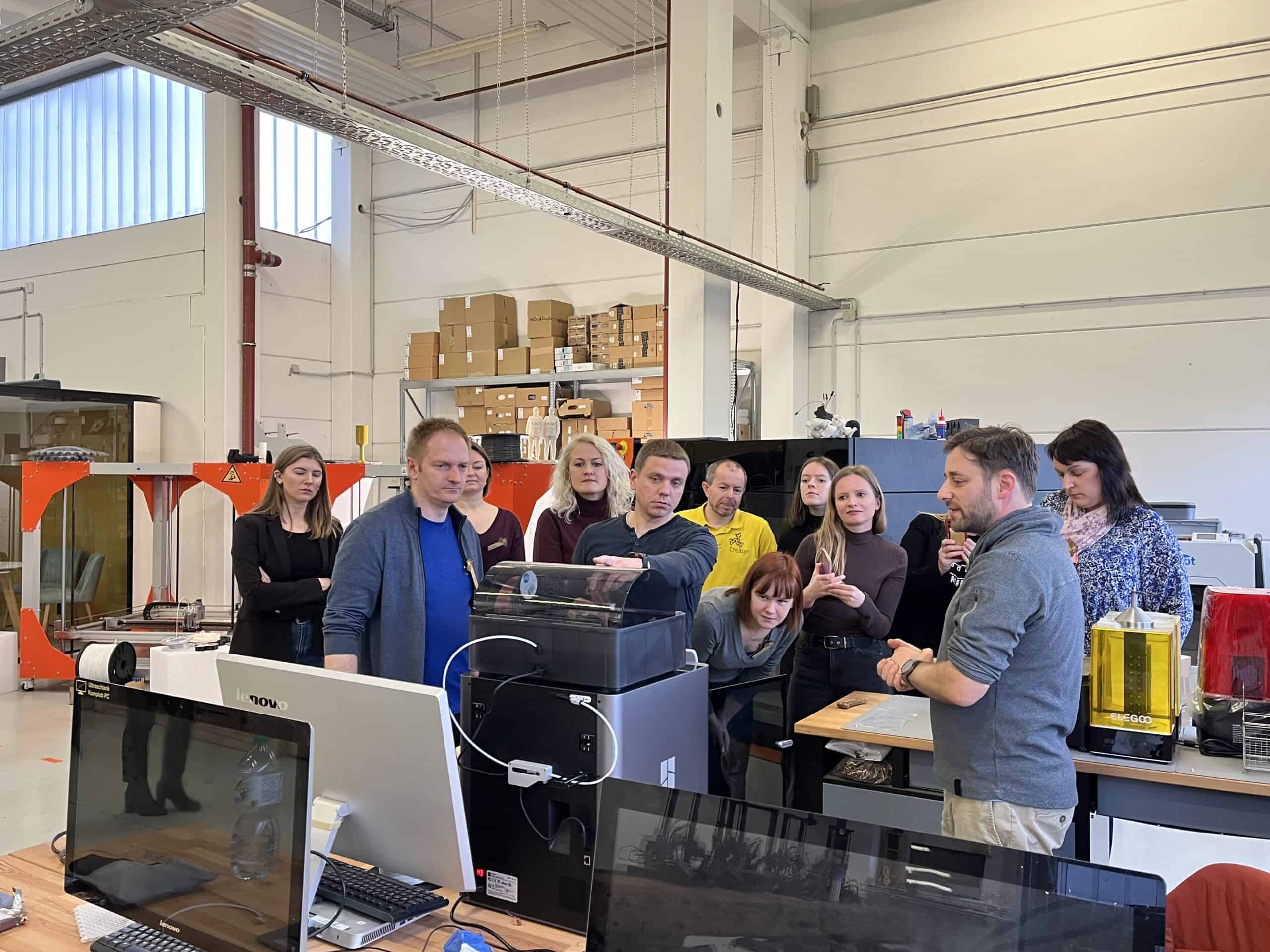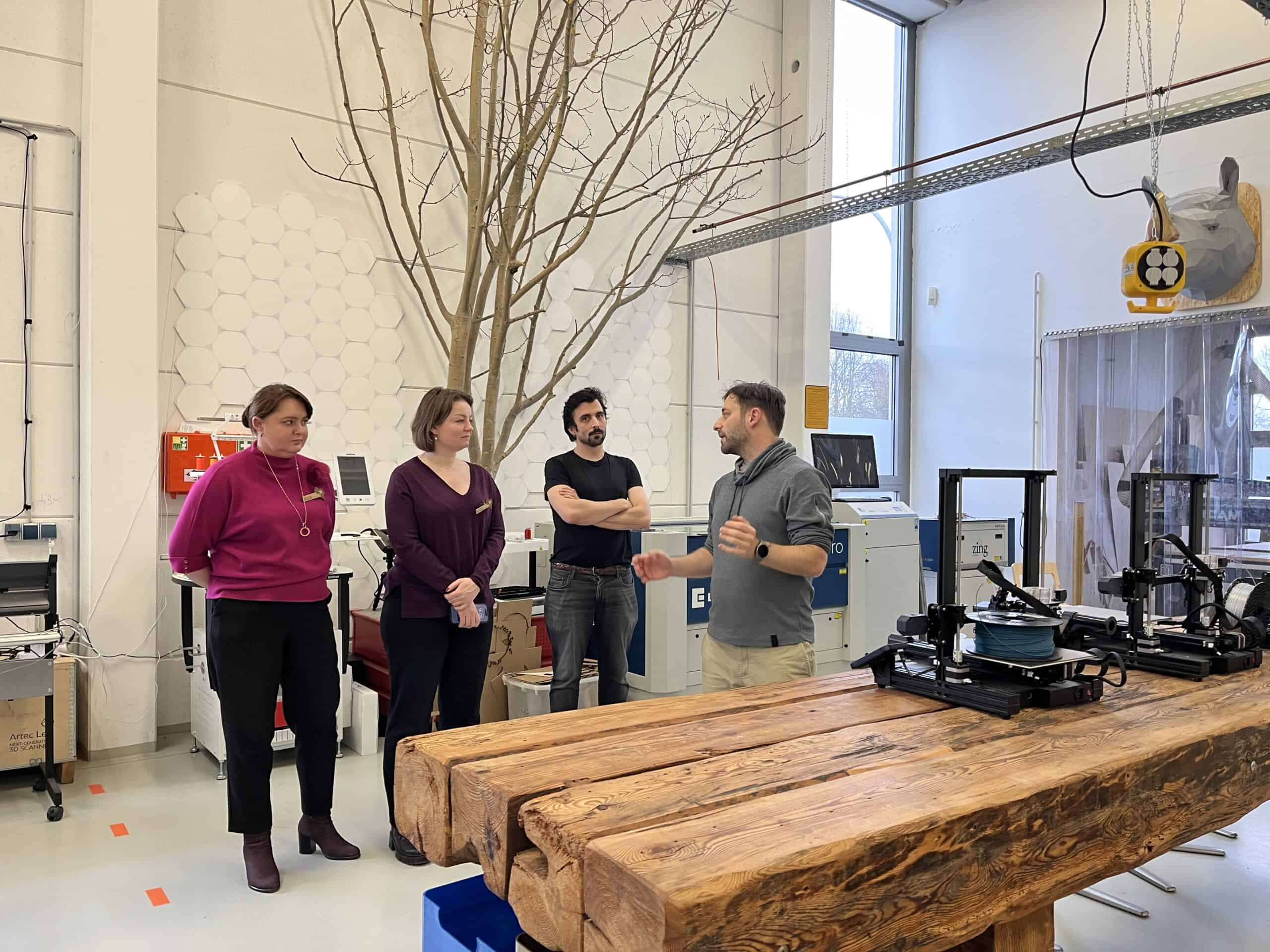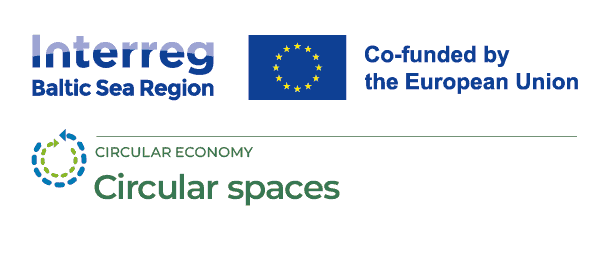
Project partners meet in Luckenwalde, Germany
28 February 2024
In Luckenwalde there is a makerspace, which offers free use of the premises for meetings or work, as well as various equipment such as 3D printers, sewing machines and other machines. One of the newest machines is a 3D printer that uses clay for printing. During the two days, we discussed how to put the prepared solutions into practice and pilot them in order to offer ready-made solutions and products at the end of the project in early 2025. 2024 will be a particularly active year for the project as the prepared solutions need to be piloted through workshops, seminars and meetings in order to get feedback from the different target groups involved.
Last year each partner prepared a module for Educational Programme, so in this meeting each project partner presented their prepared module using elevator pitch approach. This way in a short period of time everyone got acquainted with the basis of the Educational Programme as a whole.
First day’s meeting ended with experience sharing workshop during which hosting partners showed their makerspace, utilities and equipment and introduced everyone with their offered services.
The project meetings are also an opportunity to share experiences with colleagues from the Baltic Sea Region. It is valuable to learn about how people use the facilities in the makerspaces to implement their ideas, how the fees for using the facilities in the makerspaces are set, what support the makers can receive and what activities are organised to involve more and more people in the makerspace.
Resource efficiency is one of the basic conditions for a circular economy. In order to develop a business, prototypes are often developed by trying out different solutions and materials, resulting in waste. In the circular economy, the term ‘waste’ is replaced by the term ‘resources’. Therefore, the solutions developed in the project will help makers and makerspaces to create an environment where everything available is considered as a resource for the development of new products.
Interreg project “Circular Economy makerspaces” aims to:
- transform makerspaces in the Baltic Sea Region to circular makerspaces to reduce the attitude-behaviour gap un so that the equipment and facilities available there are based on circular economy principles
- develop an educational programme for makers, makerspaces, suppliers, SMEs and other relevant stakeholders to raise awareness and give practical knowledge on how to transit from linear to circular business models
- create guidelines “Transformation of makerspaces into circular makerspaces” to increase transferability of the project outputs to other organisations and makerspaces in the BSR. It will provide practical know-how share and ready to use documents as the first step for every makerspace
- develop digital circular collaboration tool to host matchmaking process, during which the suppliers and different makers can meet. Additionally, it will help to track the journey of the components and materials, as well as to virtualise products.






